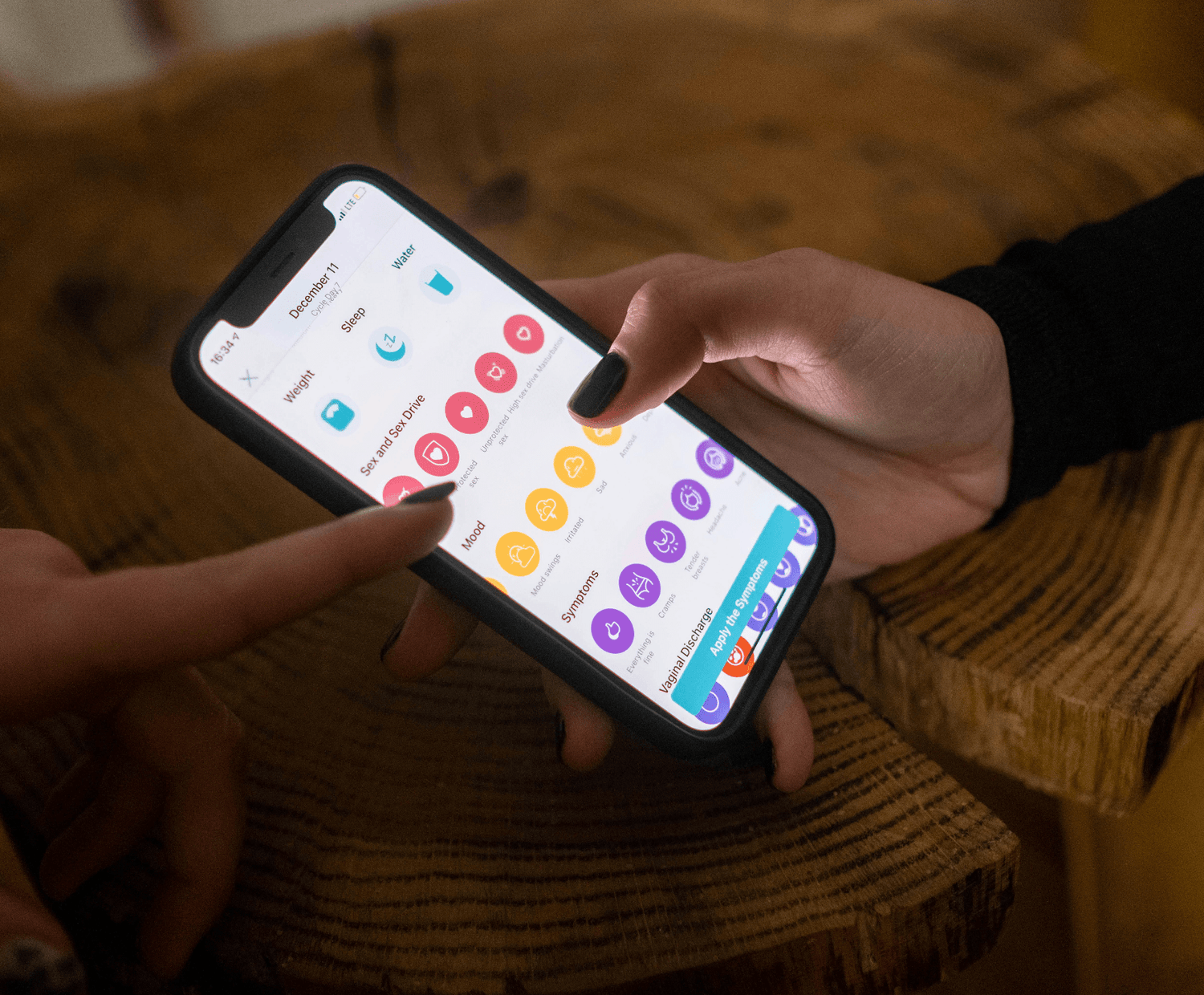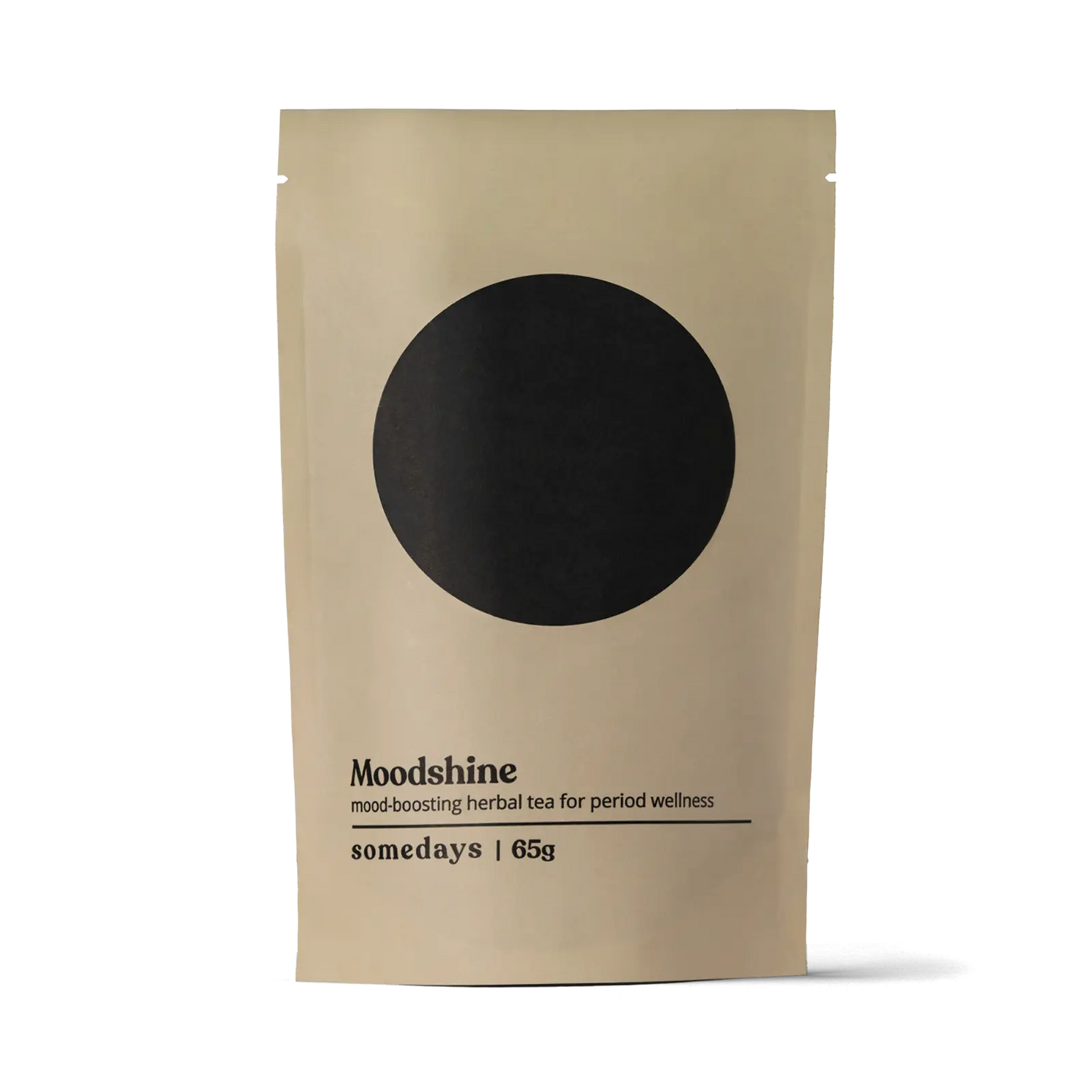Cycle Tracking Apps and Data Privacy: What You Need to Know in 2024

With Donald Trump set to assume the presidency, many are feeling uncertain about what’s ahead for reproductive rights and privacy. Given the potential for new abortion restrictions and increased scrutiny around reproductive health, people are wondering how to keep their health information safe—especially in their cycle-tracking apps. While cycle tracking can be incredibly helpful for managing your health, it’s natural to worry about how this data is being used and shared.
If you’re feeling uneasy, you’re not alone. Here’s a practical guide to understanding data privacy in cycle tracking apps and how to protect your information.
Why Data Privacy Matters with Cycle Tracking Apps
Cycle tracking apps can store a lot of personal information—your period dates, symptoms, moods, and even sexual activity. Some apps might also collect general health data, location information, or even interactions with other people. Because this information could potentially be used to identify pregnancy-related health data, privacy is a top concern. Keeping your data private is essential, especially in a changing legal environment where this information could theoretically be used in legal contexts.
How to Know if Your App is Sharing Your Information
Here are some steps to find out what data your app might be sharing:
-
Check the App’s Privacy Policy
This is where the app will state what data they collect, why they collect it, and who they might share it with. Look for clear statements on data sharing with third parties. If it’s vague, that could be a red flag. -
Understand Data Storage and Security
Find out where your data is stored. Some apps store information on your device, while others upload it to the cloud. Apps that keep data only on your device tend to be more secure because they’re less likely to share your information with third parties. -
Check for Data Encryption
If your data is stored in the cloud, it should be encrypted. Encryption is like a lock on your information, making it harder for unauthorized parties to access it. Check the app’s FAQ or privacy policy for mentions of “end-to-end encryption” or similar terms. -
Look for Transparency Reports
Some apps release transparency reports that detail any data requests they’ve received from the government. Apps that regularly publish these reports are generally more committed to user privacy. -
Be Cautious with Free Apps
Many free apps make money by selling user data to third parties, so they may be more likely to share your information than paid apps. While this isn’t always the case, it’s something to consider when choosing your app.
Top Privacy-Focused Cycle Tracking Apps
Here are some cycle tracking apps known for their commitment to privacy. These apps focus on user data protection and are transparent about their data policies:
-
Clue
Clue is popular for its privacy-first approach. They store your data anonymously and don’t sell it to third parties. Clue also makes it clear in their privacy policy that they comply with strict European data protection laws. -
Euki
Euki was specifically designed with privacy in mind and doesn’t store any data in the cloud—everything remains on your device. The app also doesn’t ask for your name, email, or any other identifying information. -
Drip
Drip is an open-source, privacy-focused app that doesn’t collect or share any personal information. All data remains on your device, and the app is transparent about its open-source code, meaning anyone can review how it operates. -
Natural Cycles
Natural Cycles is a certified birth control method that also takes privacy seriously. While the app does store data in the cloud, they are clear about how they handle user information and don’t sell it to third parties. However, some features are only available with a paid subscription.
Tips for Keeping Your Data Safe
-
Use Strong Passwords
Protect your app with a strong password, and avoid using the same password for multiple accounts. -
Disable Location Tracking
If your app doesn’t need location data, turn it off. This limits the amount of personal information connected to your app activity. -
Consider Offline Tracking Options
If you’re very concerned about privacy, consider using a paper journal or a physical tracking calendar. This option removes the digital data element entirely. -
Review App Permissions Regularly
Check what permissions you’ve granted your apps. If the app doesn’t need access to certain features (like location or contacts), disable those permissions. -
Look for Security Updates
Privacy-focused apps will regularly update their software to fix any vulnerabilities. Keep your app updated to ensure you have the latest security features.
Staying Informed and Safe
Navigating reproductive health in today’s digital world can feel complicated, but understanding your options and how to protect your information is empowering. Choosing a cycle tracking app that aligns with your privacy needs can provide peace of mind, allowing you to manage your health without worrying about where your data might end up.
With these tips and a closer look at privacy-focused options, you can continue tracking your cycle safely and confidently. Remember, your health information is personal, and there are steps you can take to keep it that way.
Previous Article All Articles Next Article
All Articles


